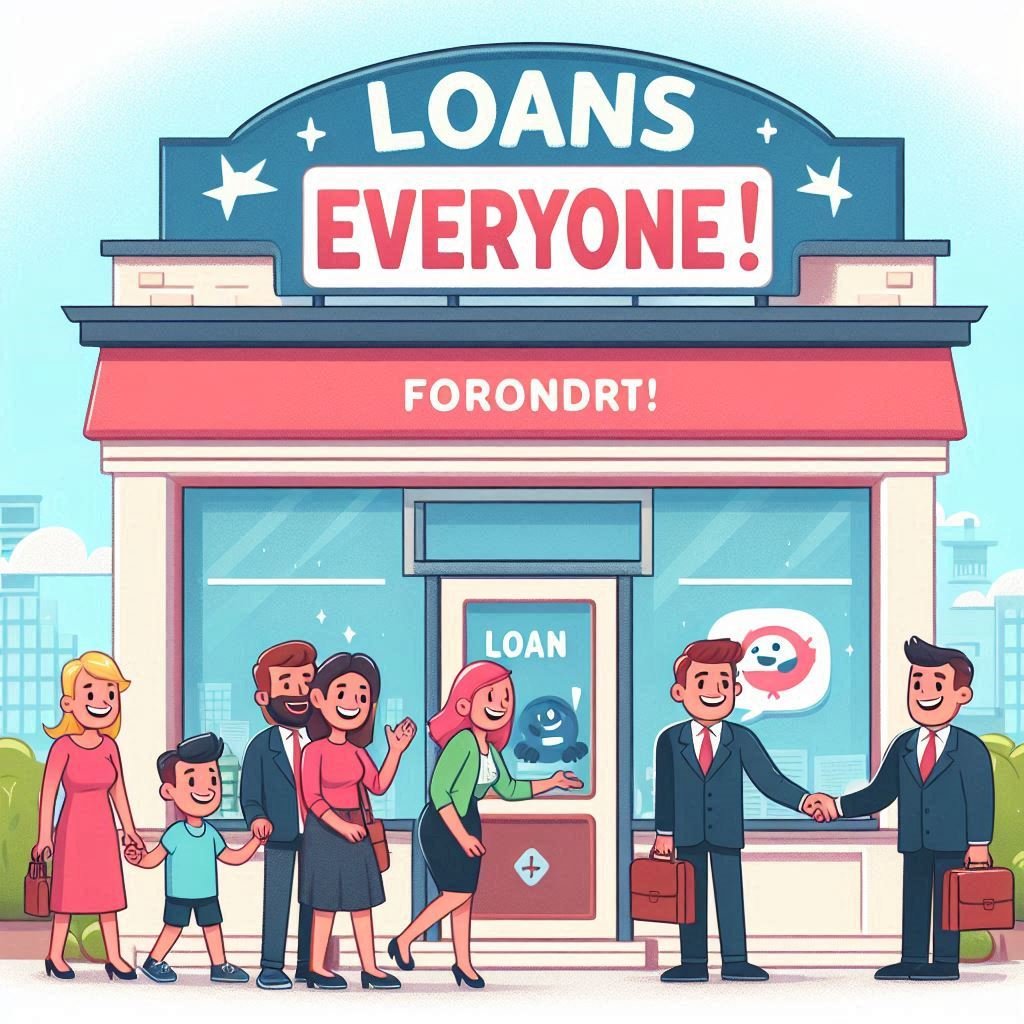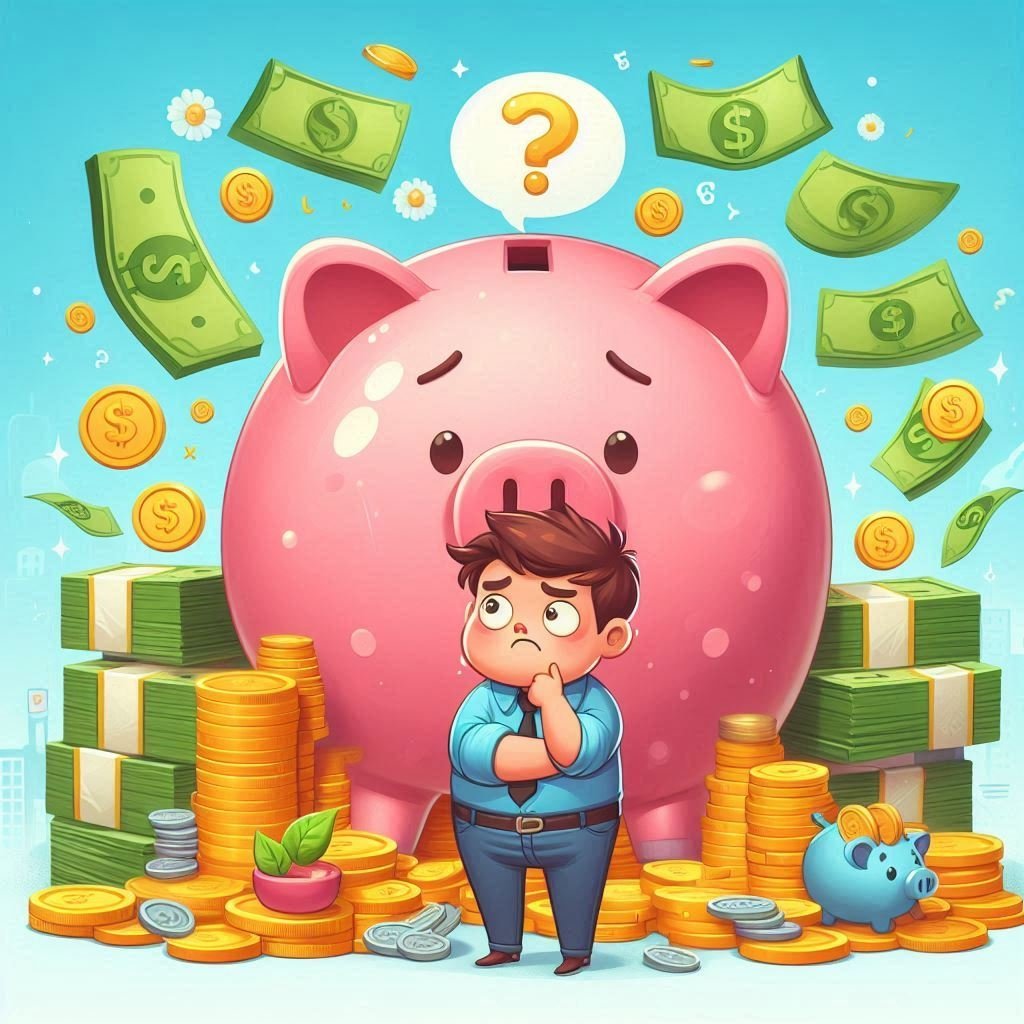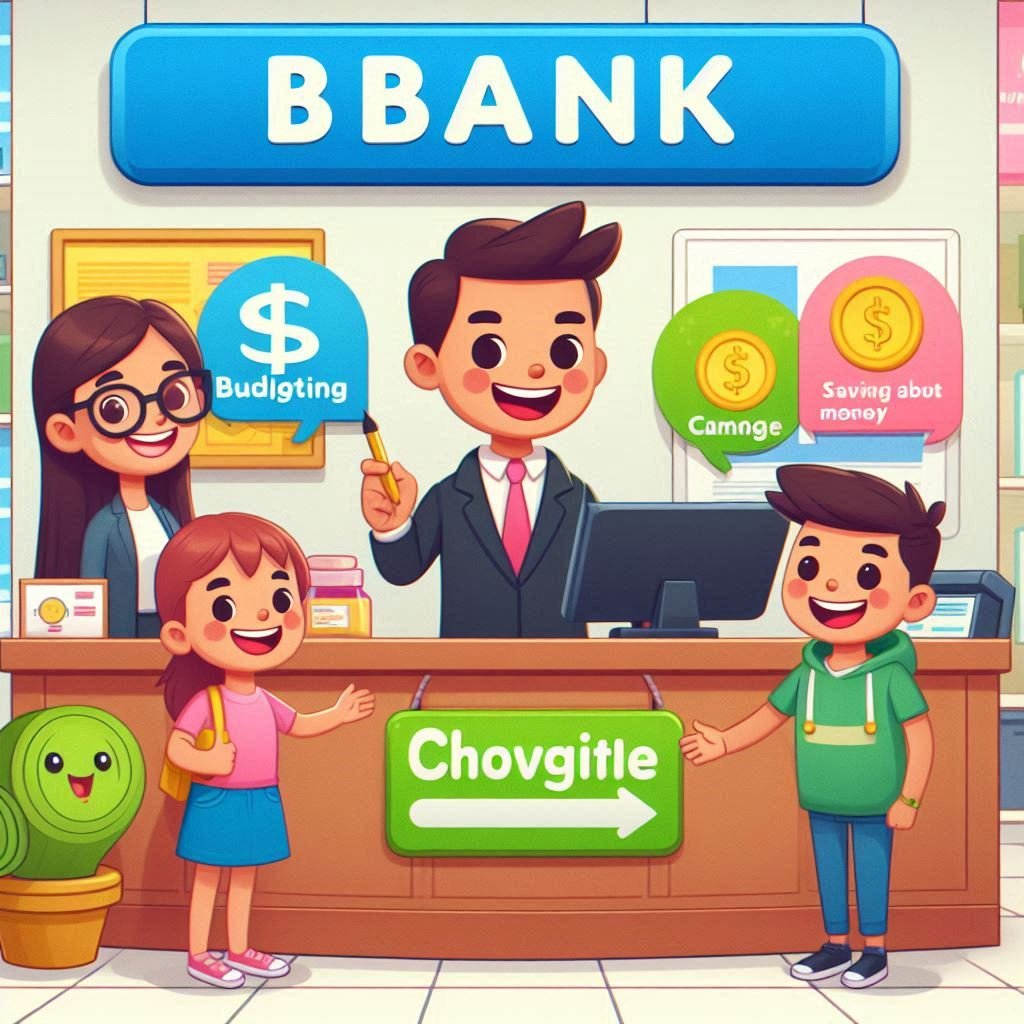
Payday loans are short-term, high-interest loans designed to provide quick financial relief to borrowers until their next payday. They are commonly used by individuals facing urgent financial needs or lacking access to traditional forms of credit. While payday loans may offer a temporary solution, they come with significant risks and are often controversial due to their high costs and potential to trap borrowers in a cycle of debt.
How Payday Loans Work
The process for obtaining a payday loan is relatively straightforward. Borrowers typically apply online or at a storefront lender, providing proof of income, identification, and bank account details. Lenders use this information to determine the loan amount, which is often capped at a percentage of the borrower’s next paycheck.
- Loan Amounts: Payday loans are usually small, ranging from $100 to $500, although amounts can vary based on state laws and the lender.
- Repayment Terms: These loans are meant to be repaid in full within a few weeks, often coinciding with the borrower’s payday.
- Interest Rates and Fees: Payday loans are infamous for their exorbitant annual percentage rates (APRs), which can reach 400% or higher. Lenders also charge fees for loan origination and late payments.
To secure the loan, borrowers may write a postdated check to the lender for the loan amount plus fees or authorize an automatic withdrawal from their bank account.

Advantages of Payday Loans
While payday loans are heavily criticized, they do offer certain benefits:
- Accessibility: Payday loans are easy to obtain, even for individuals with poor credit or no credit history. Lenders typically do not perform rigorous credit checks, making them a viable option for those who are not eligible for traditional loans.
- Speed: Applications for payday loans are processed quickly, often providing funds within a few hours or the next business day.
- Flexibility: Borrowers can use payday loans for various urgent expenses, such as medical bills, car repairs, or utility payments.
For some borrowers, these benefits outweigh the drawbacks, particularly in situations where other financial options are unavailable.

Risks and Drawbacks
Payday loans are controversial due to their potential to exacerbate financial hardship. The following are common concerns associated with these loans:
- High Costs: The cost of payday loans is disproportionately high compared to other forms of credit. For example, a $300 payday loan with a $45 fee for two weeks translates to an APR of nearly 400%.
- Cycle of Debt: Many borrowers struggle to repay payday loans on time, leading to additional fees and the need to renew or take out new loans. This cycle can result in long-term financial instability.
- Impact on Credit: Payday loans are not reported to major credit bureaus unless a borrower defaults. This means timely repayment does not improve credit scores, but defaults can damage credit further.
- Predatory Practices: Some lenders have been accused of targeting vulnerable populations, such as low-income individuals, by advertising payday loans as easy solutions to financial challenges without emphasizing the risks.

Regulations and Protections
In response to concerns about predatory practices, federal and state governments have enacted regulations to protect borrowers. These measures include:
- State-Level Restrictions: Many states impose caps on loan amounts, fees, and APRs. Some states have banned payday loans altogether, while others have established licensing requirements for lenders.
- Federal Protections: The Consumer Financial Protection Bureau (CFPB) oversees payday loan practices and enforces rules to prevent unfair and deceptive practices. For example, the CFPB requires lenders to evaluate a borrower’s ability to repay the loan before issuing it.
- Alternatives: Government programs and nonprofit organizations promote alternatives to payday loans, such as small-dollar loan programs with lower interest rates and longer repayment terms.

Alternatives to Payday Loans
Borrowers seeking quick access to funds can consider safer and more affordable alternatives, including:
- Personal Loans: Banks and credit unions often offer small personal loans with lower interest rates and longer repayment periods.
- Credit Card Advances: While credit card cash advances can be expensive, they are often cheaper than payday loans.
- Borrowing from Friends or Family: Although borrowing from loved ones can be uncomfortable, it is a cost-effective alternative to high-interest loans.
- Payment Plans: Many service providers, such as utility companies and healthcare providers, offer payment plans to help customers manage bills without borrowing.
Exploring these alternatives can help borrowers avoid the pitfalls of payday loans and achieve financial stability.

Key Takeaways
Payday loans serve as a quick fix for financial emergencies, but they come with substantial risks. While they offer accessibility and speed, their high costs and potential to create long-term debt can outweigh their benefits. Understanding the mechanics, risks, and regulations surrounding payday loans is crucial for borrowers to make informed decisions.
If you’re facing a financial emergency, carefully weigh the pros and cons of payday loans and explore alternative options that may better suit your needs. It’s always wise to seek financial counseling or advice before committing to any loan product. Would you like me to elaborate further or focus on any specific aspect of payday loans?